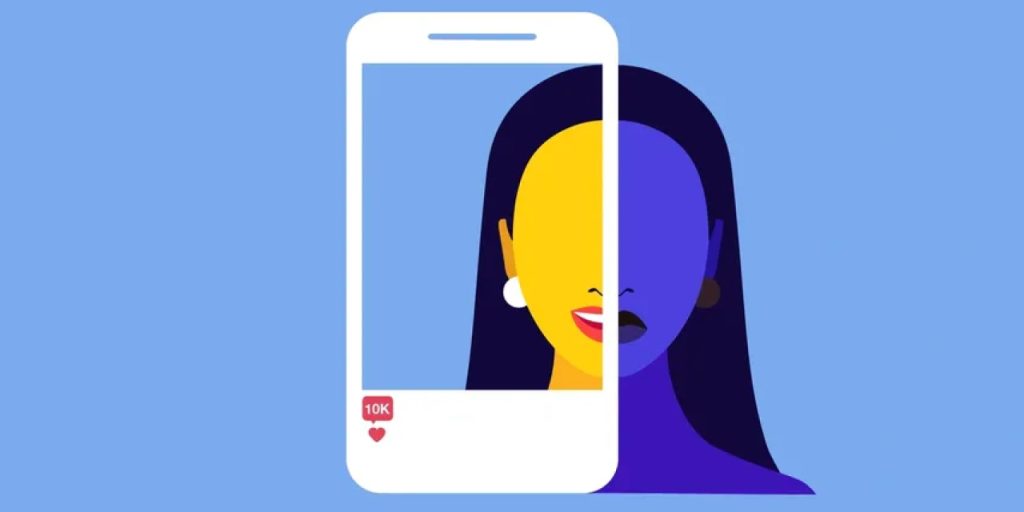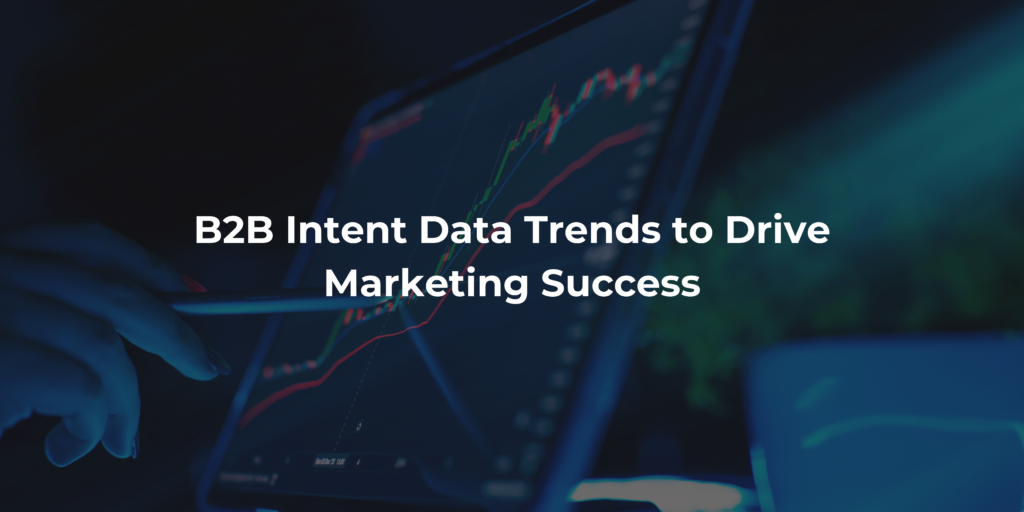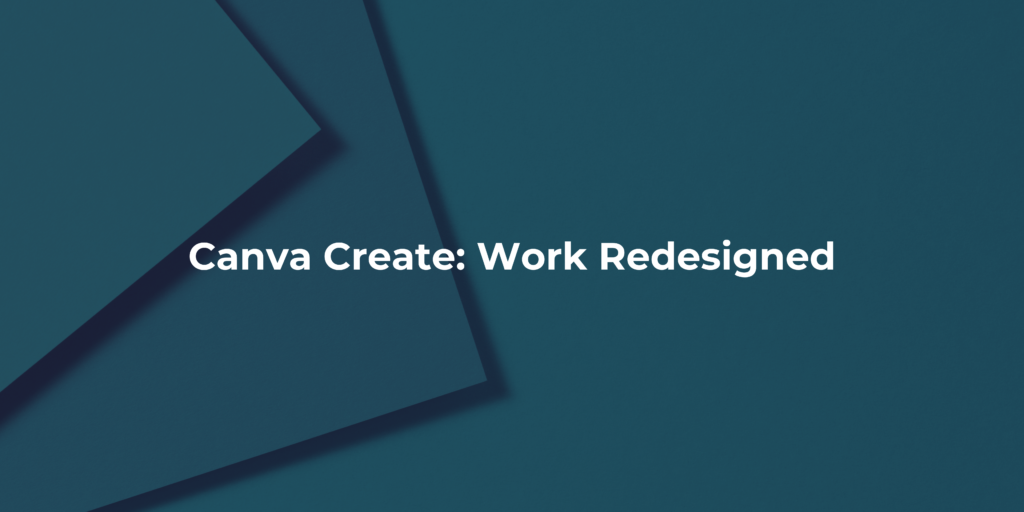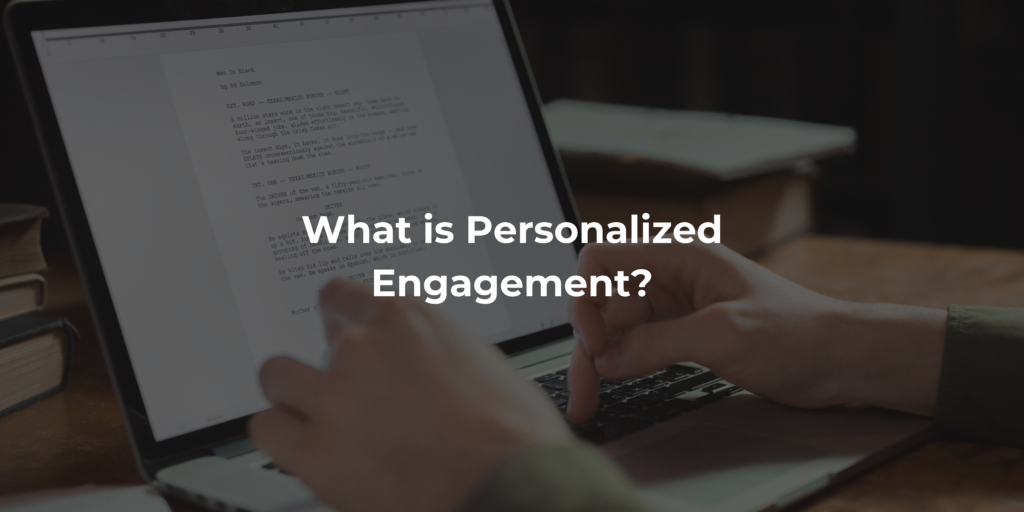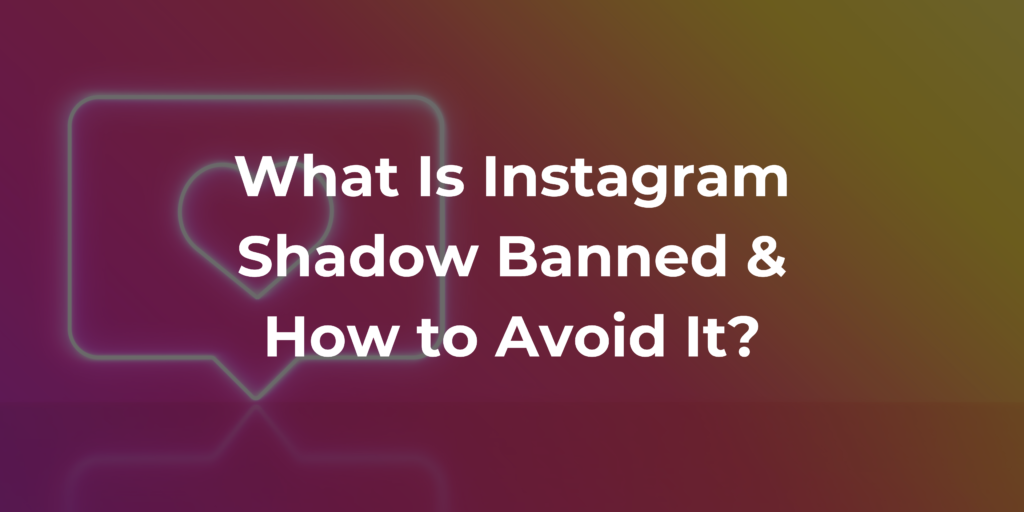In today’s digital age, it’s nearly impossible to escape the influence of social media. Platforms like Facebook, Instagram, Twitter, and TikTok have become integral parts of our lives. While they offer numerous benefits, they also have a profound impact on our mental health. This blog will explore the relationship between social media and mental health, examining the real-life effects of excessive use and providing strategies for maintaining a healthy online-offline balance.
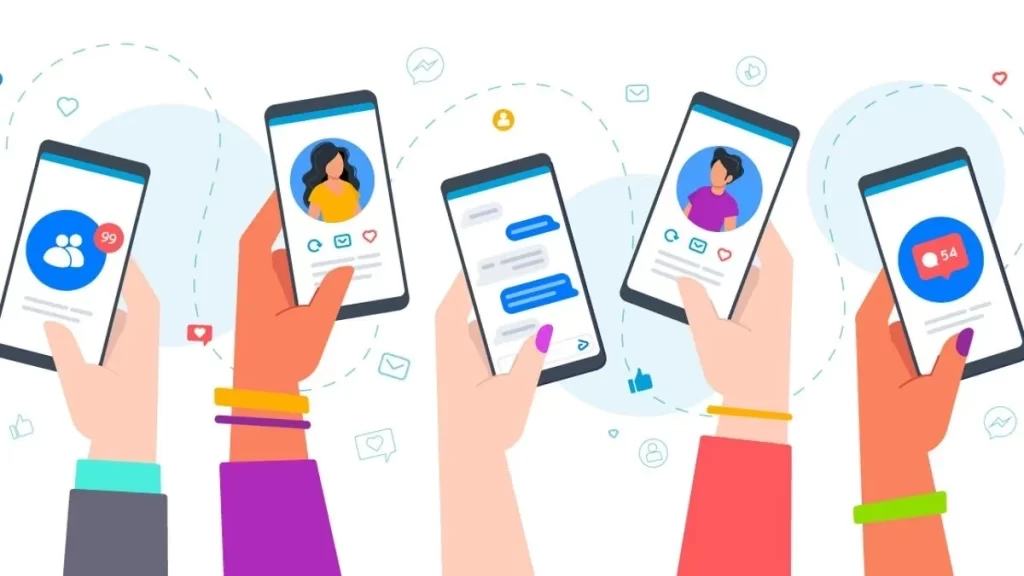
1) The Allure and Appeal of Social Media
It’s not difficult to understand why we are drawn to social media. The instant gratification of likes, comments, and shares releases dopamine, often referred to as the “feel-good” hormone. These platforms connect us with friends and family, provide entertainment, and offer a wealth of information. However, the constant exposure to curated content and the pressure to project a perfect life can have significant repercussions.
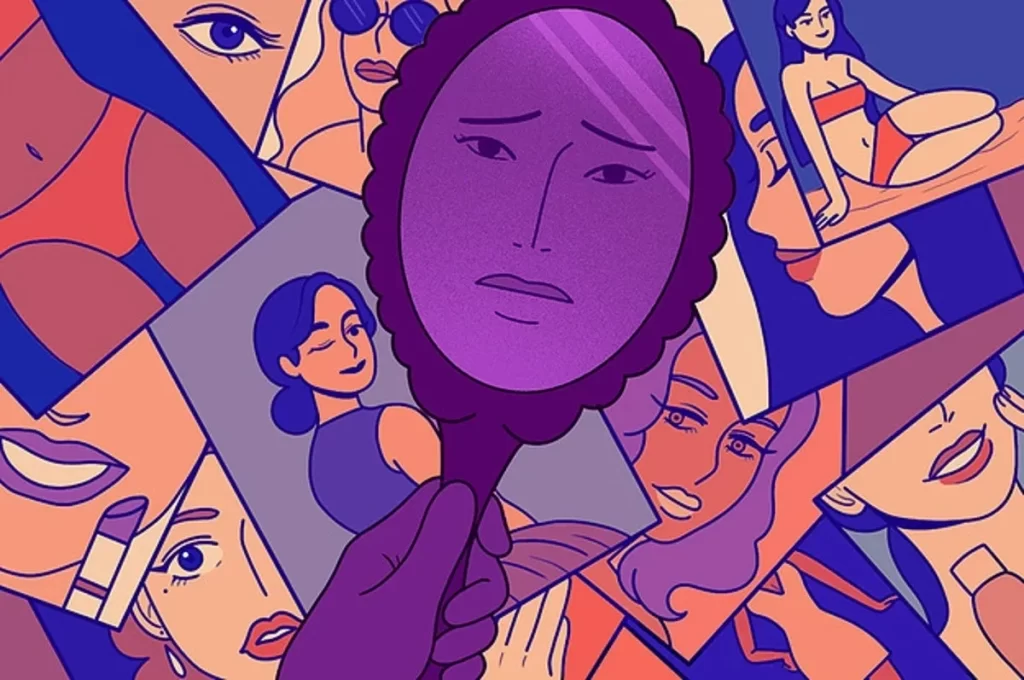
2) The Unrealistic World of Social Media
The highlight reel effect on social media is well-documented. People tend to post the best moments of their lives, creating an unrealistic image of constant happiness, success, and beauty. This can lead to negative self-comparisons and lowered self-esteem. For example, think of a friend who continuously posts pictures of their exotic vacations while you’re stuck in your daily routine, which can trigger feelings of inadequacy.
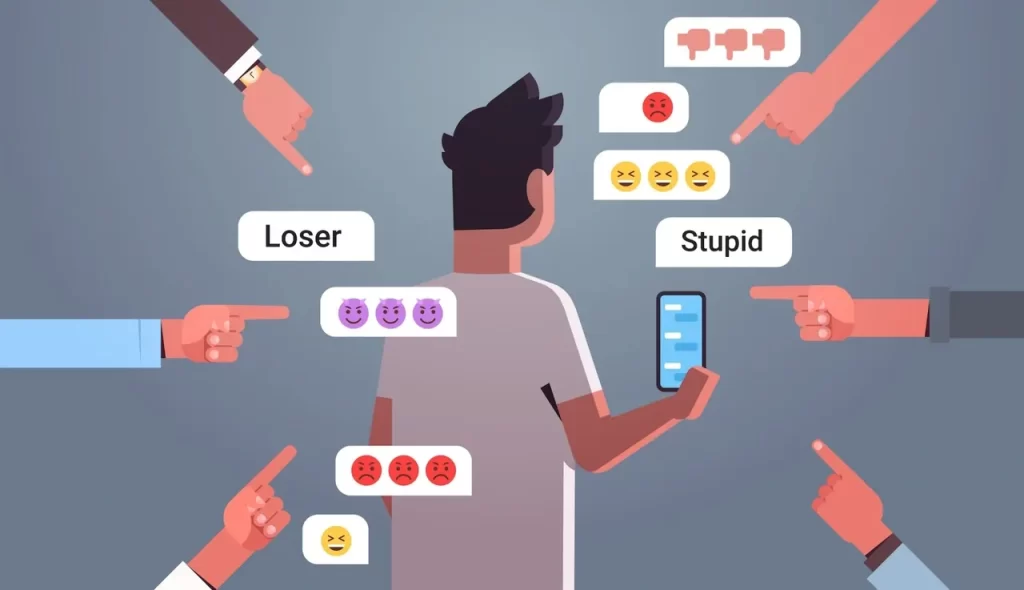
3) Cyberbullying and Its Psychological Impact
The dark side of social media also includes cyberbullying, a pervasive issue. Real-life examples of individuals, especially adolescents, being subjected to online harassment, are abundant. One such example is the tragic story of Amanda Todd, a Canadian teenager who took her own life after being relentlessly cyberbullied. This emphasizes the need for online empathy and responsible digital citizenship.

4) Fear of Missing Out (FOMO)
The fear of missing out is a common sensation generated by social media. We see friends and acquaintances enjoying events and activities that we were not a part of, leading to feelings of exclusion and anxiety. The Fyre Festival debacle is an extreme example of this, where attendees were promised a luxurious experience via social media but found themselves in a chaotic and disastrous situation.
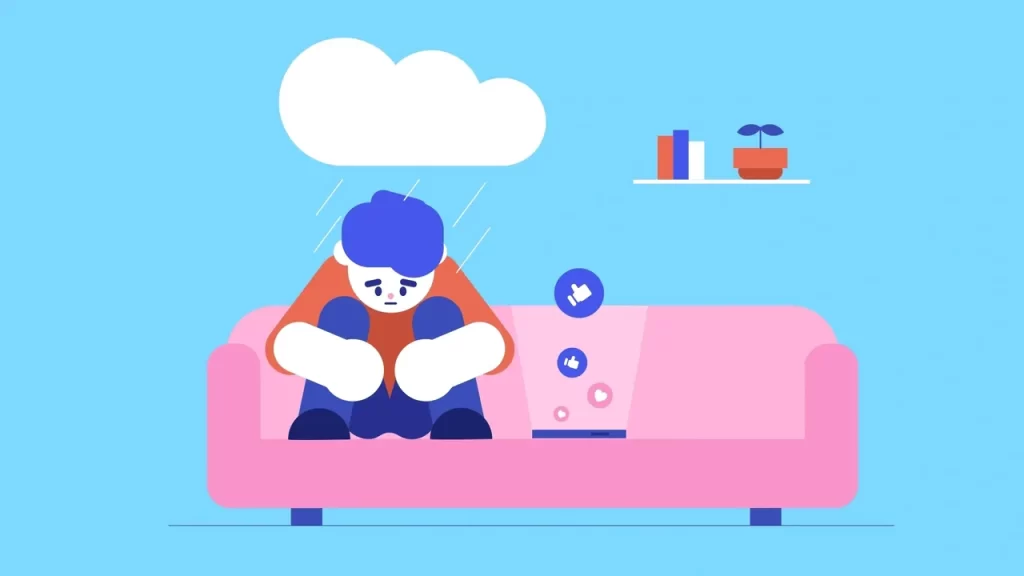
5) Social Media’s Role in Isolation
Ironically, social media, which is meant to connect people, can lead to increased feelings of isolation. Excessive screen time can replace face-to-face interactions, eroding the quality of real-life relationships. The COVID-19 pandemic has only exacerbated these issues, with many individuals relying solely on virtual interactions for extended periods.
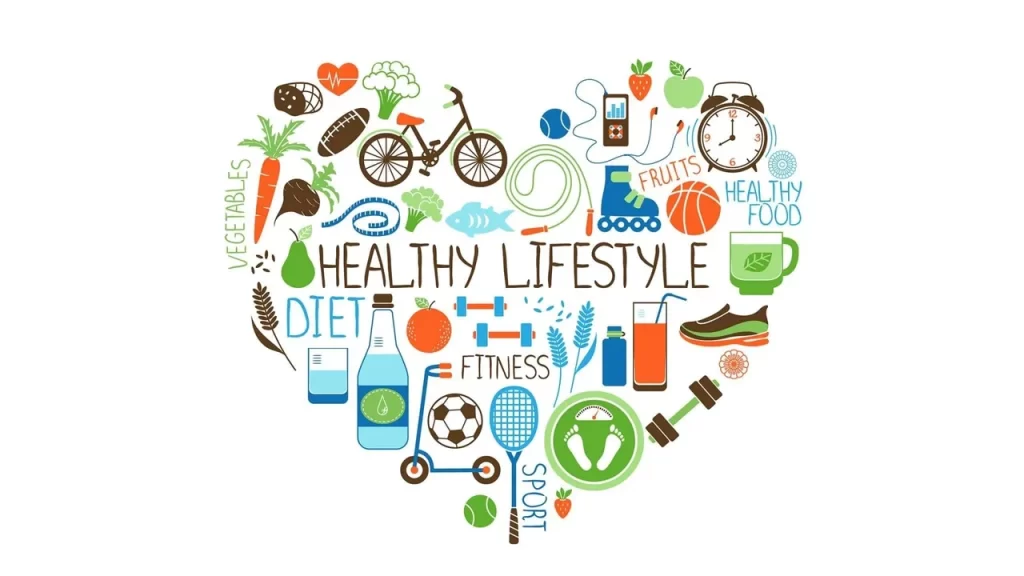
6) Strategies for Maintaining a Healthy Balance
As social media isn’t going away, it’s crucial to develop strategies for maintaining a healthy online-offline balance. Some practical steps include setting time limits, curating your online feed, and engaging in mindful consumption. By actively managing your social media use, you can minimize its negative impact on your mental health.
While social media has revolutionized the way we communicate and connect, it comes with a price. The constant exposure to carefully curated content, the pressure to compare, and the risk of cyberbullying can significantly affect our mental health. Real-life examples illustrate the potential dangers. However, by understanding these risks and taking proactive steps to manage our digital lives, we can continue to enjoy the benefits of social media without compromising our mental well-being.
